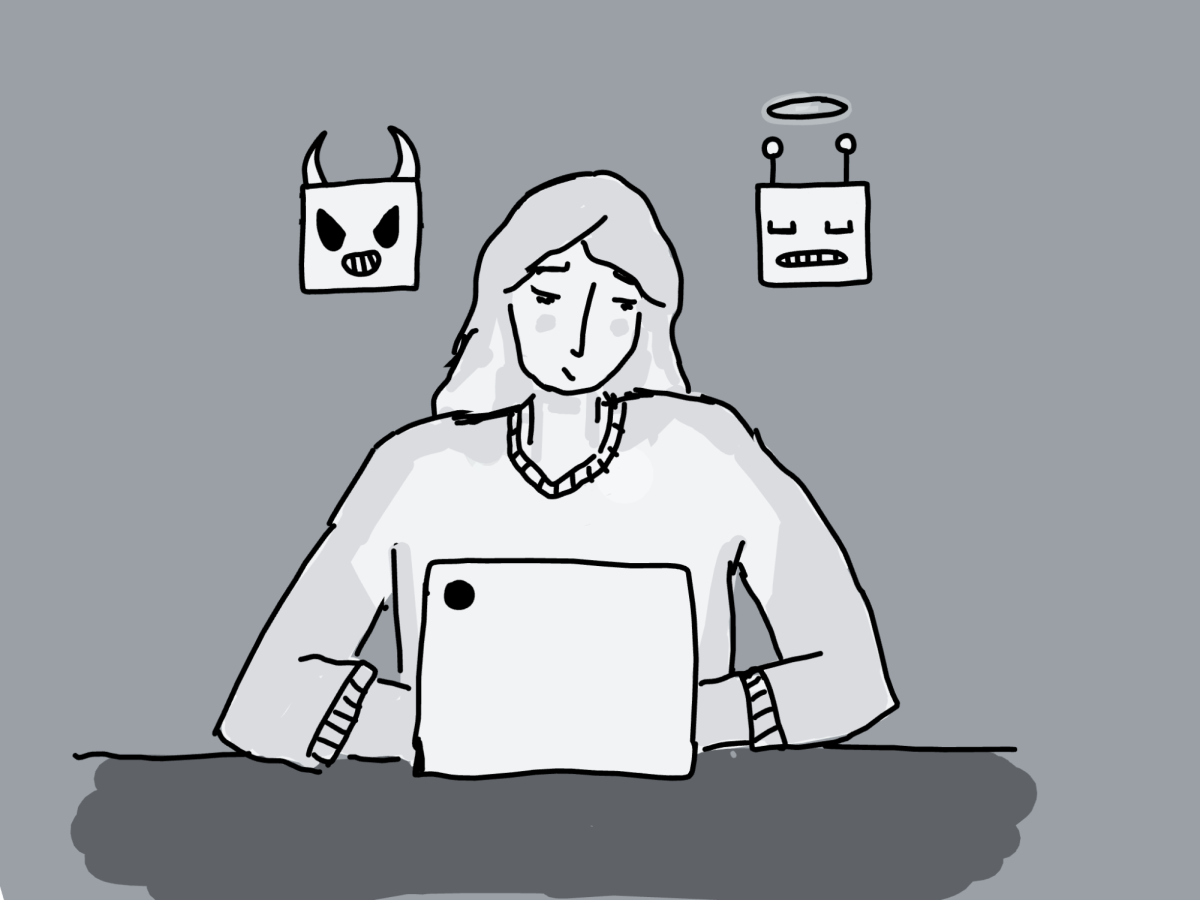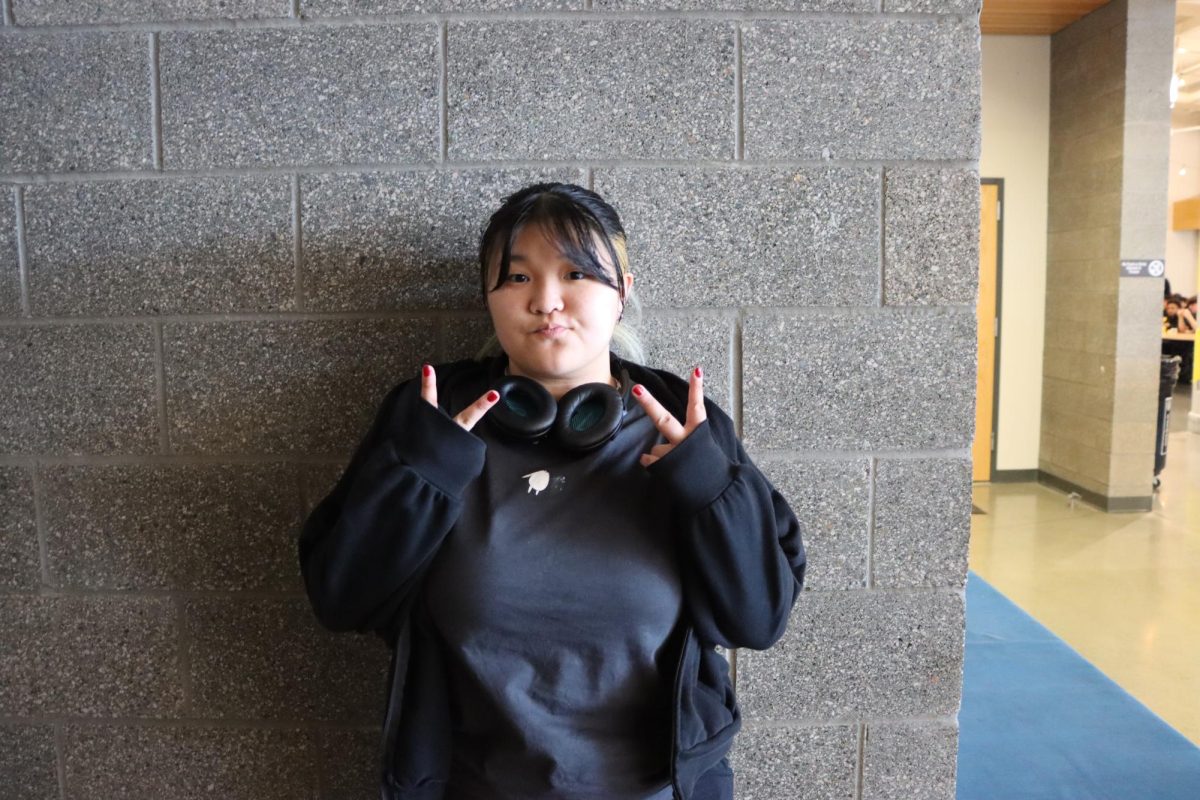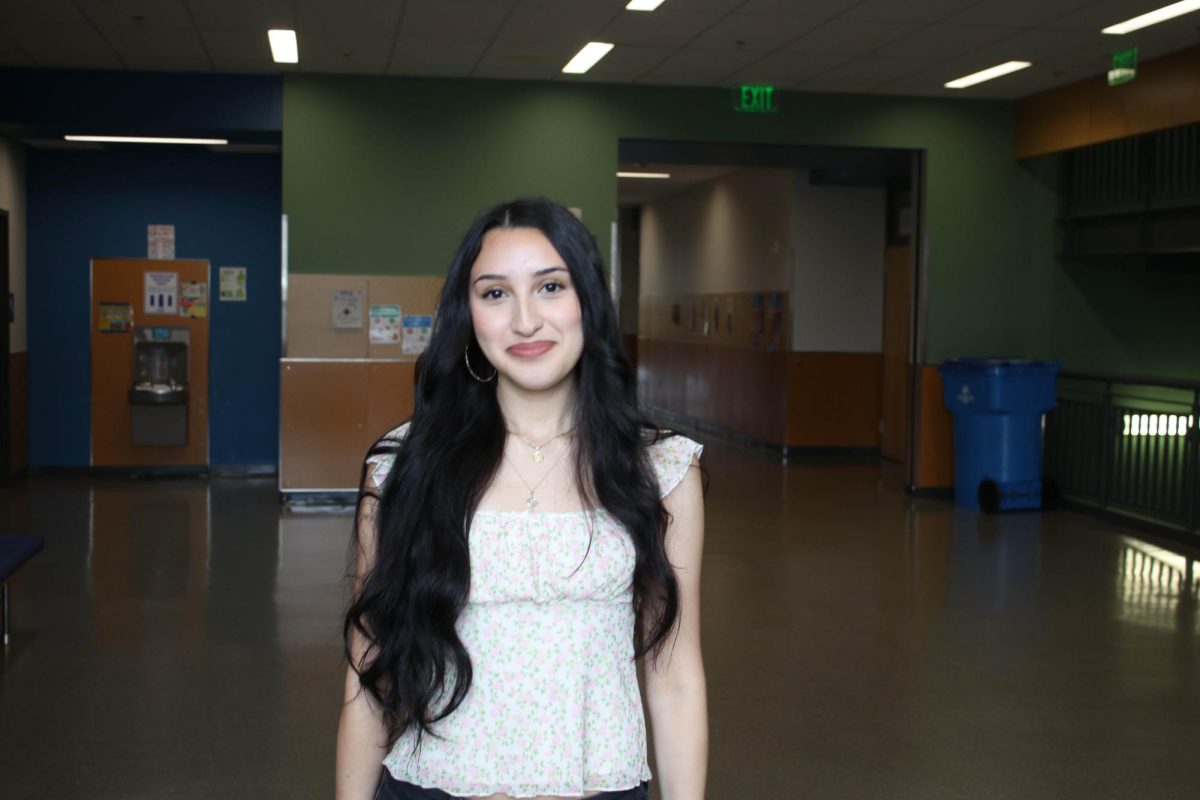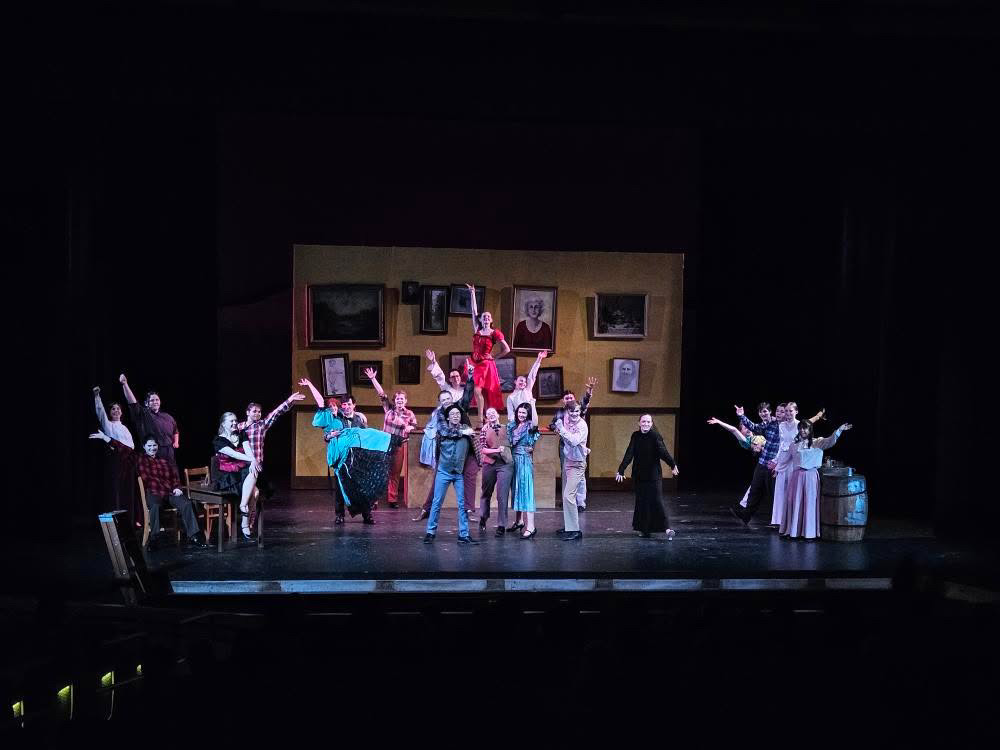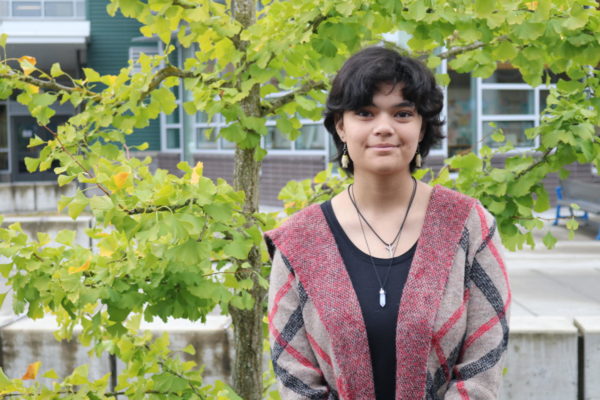Robots overthrowing the government. Establishing their own android empire. Forcing us simple humans to bend at their every command. Robots, holding complete control over the world- and soon, the universe. For some, this is what they picture when they hear the words “artificial intelligence.” For others, something much more terrifying comes to mind: students cheating on their homework.
ChatGPT, a chatbot developed by OpenAI, was released to the public in 2022. It has been hugely successful since then, regarded as the best AI chatbot out there, though it has been known to occasionally supply false information, according to the New York Times. Still, ChatGPT is able to create convincing essays and other writings that are easy to pass off as one’s own, posing a threat for educators everywhere.
“One of our most important jobs is teaching students how to think critically and creatively,” says Barb Lachman, English teacher and co-department head. “I’m worried people aren’t going to learn how to think critically and creatively; they’re just going to let AI do it.” She adds that, like the internet, AI will cause both positive and negative effects, but she is hopeful that we will grow more aware of those effects. “I do think, that at some point…we’ll have a better idea of how to use it in a way that’s more positive and we’ll be more aware of what the negative effects are,” Lachman says.
Trey Messner, World History and AP Psychology teacher, says that when the internet became accessible to students, it became easier for them to plagiarize, likening this to AI. “We came up with counter tools, such as turnitin.com,” he says. “But AI takes it another step further.”
“I do think that we need training for teachers sooner than later, and incorporate it into the curriculum sooner than later as well,” says Lara Sukol, AP US History teacher. “It seems like it’s been a little bit shut down. Like if (students) don’t know about it, they won’t use it.”
Paul Witzel works as a digital learning specialist for Shoreline schools. He says that the district is currently working on guidelines for teachers. According to a presentation he co-presented to the school board, the plan is to develop “a course for administrators on appropriate use of generative AI tools to improve their efficiency,” and to update policy 3302, which regards plagiarism and does not currently mention AI. They are also exploring different ways teachers could use generative AI in classrooms.
Meanwhile, Nate Stearns, English teacher, is already working on incorporating AI into his classes. He says it’s important for students to learn to utilize AI properly as it is very likely that many jobs will end up using some form of AI in the future. “There’s good research right now that says that learning how to use it well is a really important and effective method of improving productivity and success,” Stearns says. “It’s just got all kinds of really exciting possibilities.” He’s already used ChatGPT as a part of an in-class assignment, and plans on more integrations soon.
The general consensus seems to be that students need to learn how to use generative AI properly as it will become more and more common. “It’s a tool and we need to learn how to use it and get ahead of it,” Sukol says. “We need to train students how to be savvy consumers of whatever kind of information comes up.”
No matter how schools decide to address AI, one thing is for certain: it’s here, and it’s here to stay.
“Change always occurs, and it’s just how we use it,” Messner says. “Do we use it responsibly, and in a positive way, or do we use it for self-gain or nefarious purposes?”


